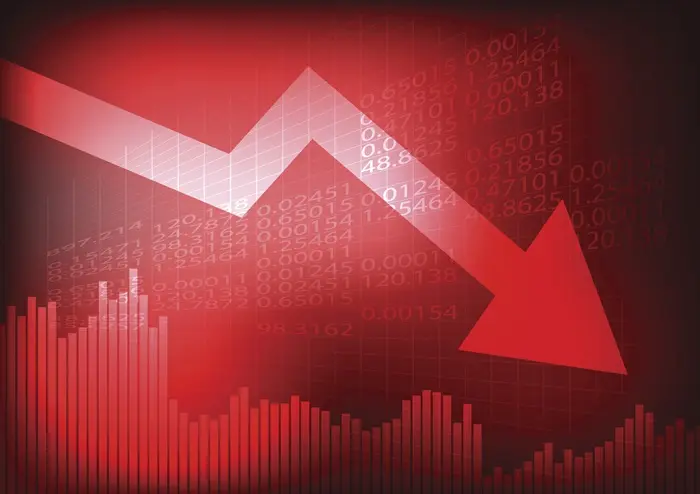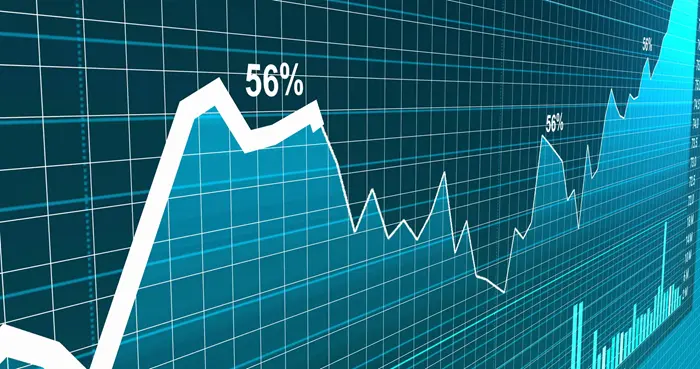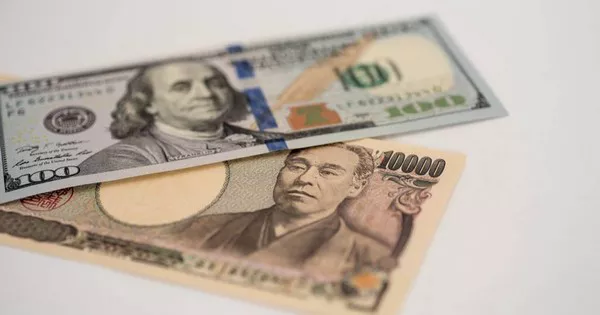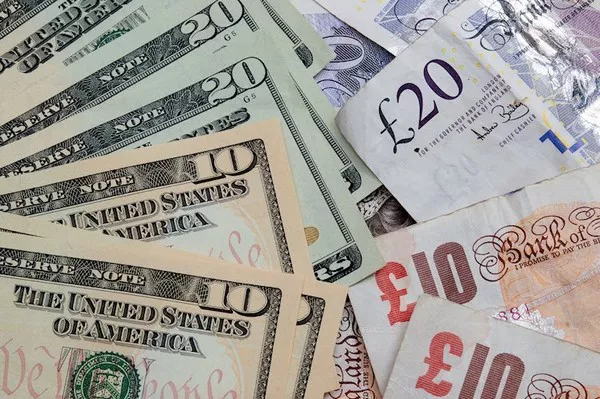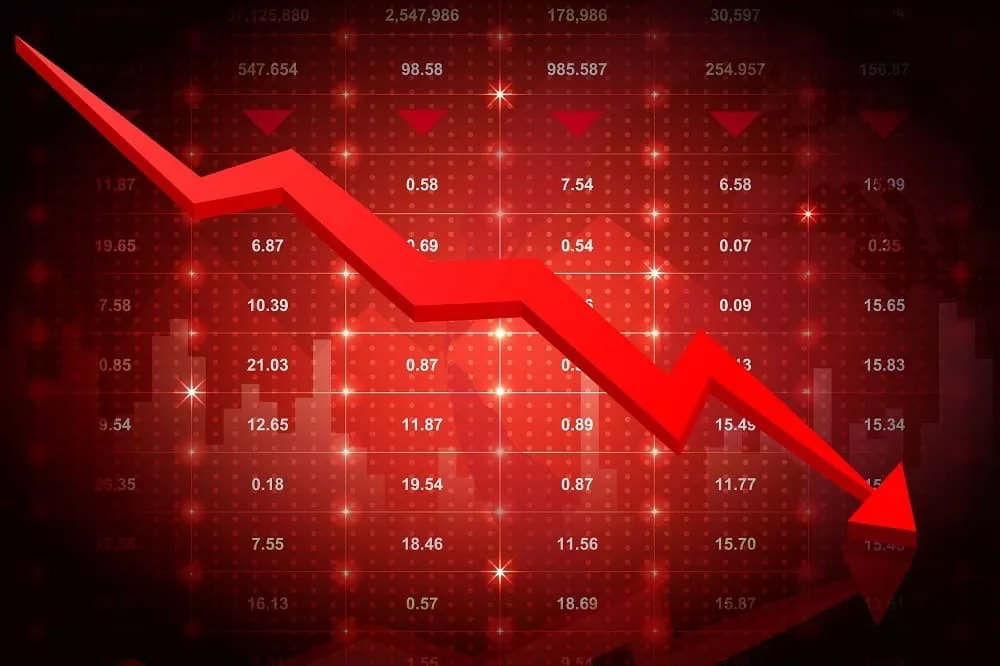Home building materials companies’ earnings per share will take a 20% hit from tariffs, Bank of America says
Tariffs are bound to raise product prices and increase housing costs.
The sector has fallen 12% since Trump announced the latest import tariffs last week.
U.S. building product companies’ earnings will face a double-digit hit as tariffs trigger industry headwinds.
Bank of America says earnings per share across the sector could plummet 20% unless current tariff announcements are adjusted. Earnings are the main driver of stock performance.
Last Wednesday, President Trump announced a series of tariff measures that far exceeded market expectations. Some countries now face high tariffs, which could lead to higher prices for building components sourced outside the United States.
Bank of America notes that the market for building products and distributor companies has plunged 12% since the announcement.
“We believe the announcement is most negative for plumbing manufacturers (FBIN/MAS) that have shifted production from China to Southeast Asia in recent years but still have operations in China,” bank analysts wrote Tuesday. “Mohawk and Whirlpool may be relatively well-positioned compared to competitors with smaller U.S. manufacturing operations, but they could face lower demand amid a weaker economy.”
The bank said some companies are set to see significant declines in earnings per share, with Latham Group and Fortune Brands Innovation likely to see earnings fall 58% and 42%, respectively. However, these forecasts could change significantly depending on trade policy developments.
But overall, the bank’s forecasts suggest that tariffs have injected a great deal of uncertainty into the U.S. housing market. While U.S. tariffs, which began on Wednesday, could help lower mortgage rates, industry insiders are cautious about future home price increases.
A recent survey by the National Association of Home Builders estimated that tariffs would lead to a $9,200 increase in home prices.
Bank of America noted that some manufacturers have announced price increases to offset the changing trade headwinds, but that product output is at risk of falling if tariffs affect demand.
On average, the central bank expects prices to need to rise 1.5% to offset the impact of new tariffs.
Related topics:


